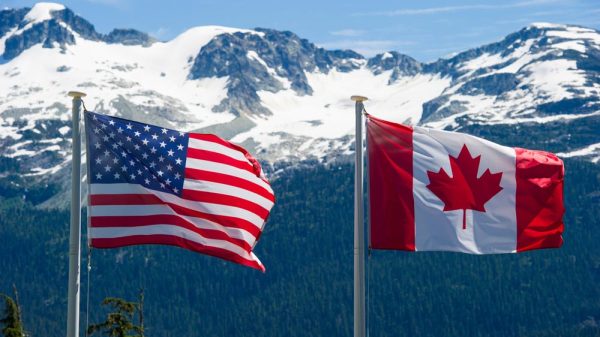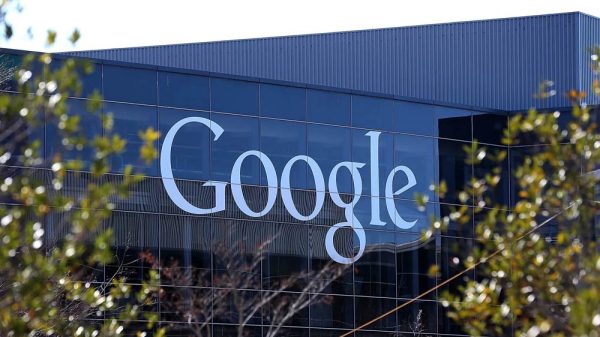The Supreme Court is deliberating the future of TikTok in the United States, following oral arguments on a law that could effectively ban the popular social media platform nationwide. The hearing, held on Friday, addressed whether the Protecting Americans from Foreign Adversary Controlled Applications Act violates the First Amendment’s free speech protections. This law, set to take effect on January 19, mandates harsh penalties for entities continuing to carry TikTok unless China’s ByteDance divests ownership to an American company.
The stakes are high, as TikTok has over 115 million active U.S. users who rely on the platform for entertainment, business, and social connection. However, the government’s position remains firm: TikTok poses a serious national security threat due to ByteDance’s ties to China.
Key Arguments in Court
Representing TikTok, former U.S. solicitor general Noel Francisco contended that the ban infringes on the free speech rights of millions of Americans. Francisco argued that Beijing does not interfere in TikTok’s content moderation, stating, “We absolutely resist any kind of content manipulation by China at all.” However, his choice of the word “resist” instead of “reject” raised eyebrows among court observers and justices alike.
On the other side, U.S. solicitor general Elizabeth Prelogar emphasized the national security risks. She described TikTok as a potential tool for the Chinese government to exploit vulnerabilities in U.S. communications infrastructure. “If it has control over [TikTok], it’s hard to predict exactly how it’s going to use that as a tool to harm our interests,” Prelogar said, while reiterating that the ban is not about specific content but rather the technical capability of a foreign adversary to manipulate U.S. platforms.
Free Speech vs. National Security
The justices appeared skeptical of TikTok’s First Amendment defense. Justice Samuel Alito pressed Francisco on whether TikTok’s argument would hold if the platform were directly owned by the Chinese government. Francisco admitted it would not, underscoring the complexities of ByteDance’s ownership structure.
Jeffrey Fisher, representing TikTok content creators, argued that the government must provide more clarity on its national security claims. “The government just doesn’t get to come in and say ‘national security’ and the case is over,” Fisher said. He likened the law to a dangerous precedent that could allow future administrations to target other platforms arbitrarily.
Implications for Users and Businesses
If the ban goes into effect, millions of users could lose access to TikTok. While existing app users might still be able to use the platform temporarily, updates and redownloads would likely be blocked. This would create challenges for thousands of content creators who depend on TikTok for income through ad revenue, sponsorships, and merchandise sales. Many may be forced to transition to other platforms like YouTube or Instagram to maintain their businesses.
“Shutting down TikTok, even for a single day, would be a big deal, not just for people who create content on TikTok, but everyone who shares or views content,” said George Wang, a staff attorney at the Knight First Amendment Institute.
Political and Legal Uncertainty
The timing of the ban aligns with a major political transition, as President-elect Donald Trump is set to take office on January 20, one day after the law is scheduled to take effect. This raises questions about whether the incoming administration will enforce the ban or seek to delay implementation to find a resolution.
Elizabeth Prelogar admitted that the U.S. government’s position on extending the deadline remains undecided, adding to the uncertainty. Legal experts predict that a Supreme Court decision could come quickly due to the expedited nature of the case.
A Precedent for Online Speech Regulation
This case has far-reaching implications for online speech and platform regulation. Critics argue that targeting TikTok sets a dangerous precedent for how governments can regulate platforms under the guise of national security. Erwin Chemerinsky, dean of Berkeley Law, called the case “unprecedented,” emphasizing the tension between free speech and national security.
“There are valid reasons to have concerns about privacy and data collection,” said Cornell law professor Gautam Hans. “But this law specifically targets one platform in ways that should make us all unsettled about whether future government action could target other speech platforms.”
What Comes Next?
The Supreme Court’s ruling could shape the future of TikTok and other foreign-owned platforms in the U.S. While ByteDance has resisted calls to sell TikTok to an American company, the looming deadline and harsh penalties leave little room for negotiation. Meanwhile, creators and users wait anxiously to see whether their beloved platform will survive the legal and political storm.











